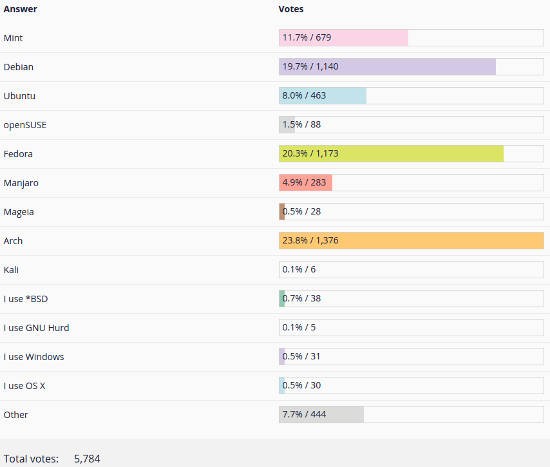Ubuntu today announced the launch of a tablet running its “converged” operating system which will be available in March.
If you’ve been waiting for a tablet offering the full GNU/Linux experience, your wait is almost over. Ubuntu announced today that a tablet offering the full “convergence” experience will be available to the public in March. The 10 inch device, dubbed the Aquaris M10 Ubuntu Edition, will be built by the Spanish company BQ, which currently manufactures two Ubuntu phones, and will be sold through BQ’s online store. So far, no information on pricing seems to be available.
 The device will be the first fully functional mobile device running Ubuntu’s mobile platform available in the U.S. Although BQ has made Ubuntu phones available to U.S. customers for some time now, they’re not compatible with U.S. carriers’ systems and offer, at best, 2G capability. The tablet is a Wi-Fi device with no cellular conductivity and so won’t be hampered in any way when used in the U.S.
The device will be the first fully functional mobile device running Ubuntu’s mobile platform available in the U.S. Although BQ has made Ubuntu phones available to U.S. customers for some time now, they’re not compatible with U.S. carriers’ systems and offer, at best, 2G capability. The tablet is a Wi-Fi device with no cellular conductivity and so won’t be hampered in any way when used in the U.S.
Christine Hall has been a journalist since 1971. In 2001, she began writing a weekly consumer computer column and started covering Linux and FOSS in 2002 after making the switch to GNU/Linux. Follow her on Twitter: @BrideOfLinux






 Linux Foundation adopts plantation model: The biggest FOSS story this week came on Wednesday when free software activist and Linux kernel developer Matthew Garrett made public that on last Friday the Linux Foundation had
Linux Foundation adopts plantation model: The biggest FOSS story this week came on Wednesday when free software activist and Linux kernel developer Matthew Garrett made public that on last Friday the Linux Foundation had 


 Is Ubuntu the new Novell? It probably wasn’t news to anybody when Microsoft failed to renew it’s deal with SUSE when it expired at year’s end. Many with long memories will remember that way back when SCO was still a viable company, Microsoft inked a deal with Novell, which was then the proud new owner of the SUSE Linux distro. Among other things, the deal gave SUSE users a free pass against getting sued by Microsoft for infringing any of its patents. As part of the deal, Microsoft purchased tons and tons of SUSE support contracts to sell to enterprise customers who might need to keep a Linux machine or two running, which were reportedly given away. Mainly, Microsoft was using SUSE as its official Linux distro, and as a testing ground for Microsoft’s attempts to get Windows to work and play well with Linux.
Is Ubuntu the new Novell? It probably wasn’t news to anybody when Microsoft failed to renew it’s deal with SUSE when it expired at year’s end. Many with long memories will remember that way back when SCO was still a viable company, Microsoft inked a deal with Novell, which was then the proud new owner of the SUSE Linux distro. Among other things, the deal gave SUSE users a free pass against getting sued by Microsoft for infringing any of its patents. As part of the deal, Microsoft purchased tons and tons of SUSE support contracts to sell to enterprise customers who might need to keep a Linux machine or two running, which were reportedly given away. Mainly, Microsoft was using SUSE as its official Linux distro, and as a testing ground for Microsoft’s attempts to get Windows to work and play well with Linux.

